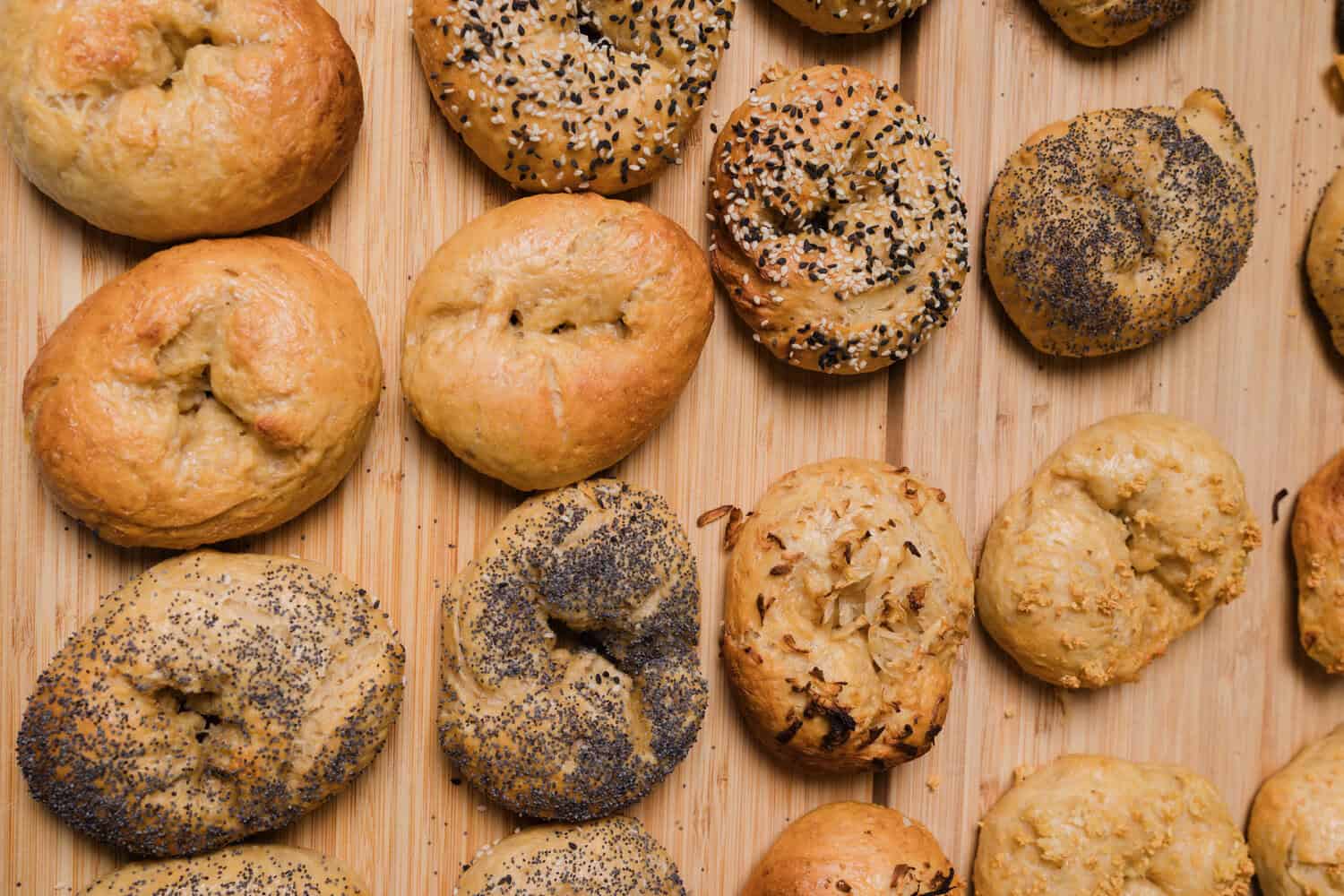When owner and winemaker Lindsay McCall left a couple of cases of 1993 Paringa Estate Shiraz out for Master of Wine Andrew Caillard to collect, little did he know it would find its way to international acclaim.
McCall had ignored the tip-off from a local vigneron that Shiraz wouldn’t ripen in the Peninsula’s cool maritime climate, and found the warmest spot on his north-facing property. He was inspired by a Yarra Valley Shiraz from Seville Estate, proving the grape could make great wine in Victoria.
Caillard took the ’93 Shiraz to the 1995 South African vs Australian Wine Challenge – it won. Wine writers around the table (including James Halliday) were left wondering how they had not heard of Paringa Estate, and how McCall had grown Shiraz to this calibre on the Mornington Peninsula.
That was the first award in a growing list of notable recognition. More recently, Pinot Noir and Chardonnay have collected awards for Paringa but, in 2013, its 2010 Estate Shiraz won the Australian Small Winemakers Award.
Currently in circulation, the 2016 Paringa Estate Shiraz measures up well; a delightfully full and peppery red, without being too heavy. It’s part of the Estate series, pressed from Paringa’s ‘low yielding’ vineyards which feature a vine maturity developed across three decades. Attention to detail is at the heart of everything done by Lindsay and his son Jamie – and the whole team.
McCall Snr just has to feel a vintage in his mouth to recall a season. And there have been plenty since he started out as a Geography teacher by day and winemaker by night.
The Peninsula Series is sourced from grapes across five leased vineyards, with an emphasis on lively fruit, while the Single Vineyard Series (The Paringa Selection) are the pinnacle – the ‘purest expression’ of the Paringa way. The three varieties; Chardonnay, Shiraz and Pinot Noir come from the oldest blocks, and if a vintage doesn’t make the cut, the fruit goes into the Estate series.
The business may be another winery in a burgeoning Mornington Peninsula region, but there is a tangible connection between the people and the wine they make. From Lindsay’s dream family home – that now overlooks his sprawling ten-acre property – to the new floor-to-ceiling windows that reveal a rustic engine room.
McCall has come a long way from dairy farming with “a bleak future”, to pressing award-winning wine. Recent renovations indicate pride in hard-earned acclamation, with a striking façade – a tip of the cap to Le Courbusier and European grandeur – and an opulent entrance welcoming diners and cellar door tasters to Paringa’s humble and intimate environment.
Head Chef Simon Tarlington shares a love for local soil. His menu is the result of a cacophony of Peninsula foraging; with Gippsland beef, Western Plains pork, Mount Martha mussels and Lakes Entrance cod. He’ll keep things seasonal too, with autumnal wild mushrooms and wild sea herbs gathered from local habitat.
His signature dessert is to be savoured, finishing the Paringa dining experience with a flourish. Tarlington himself comes to the table to light a bowl full of dried vine ends on which diners toast home-made chocolate marshmallows. It’s a nod to the European tradition of burning the end-of-season vines – and to a Queensland ritual of setting fire to Bundaberg-infused regrets – matched not with another spectacular Paringa wine, but a Bridge Road Brewers ‘Robust Porter’.
‘Paringa’ is an indigenous word which means ‘bend in the river’, or ‘a place near water’. McCall understands the heritage of the land where Toulouse geese roam today among his precious vines. This beautiful winery celebrates the earth, and everything about it.
Tags
Type
Suburbs







.jpg)

